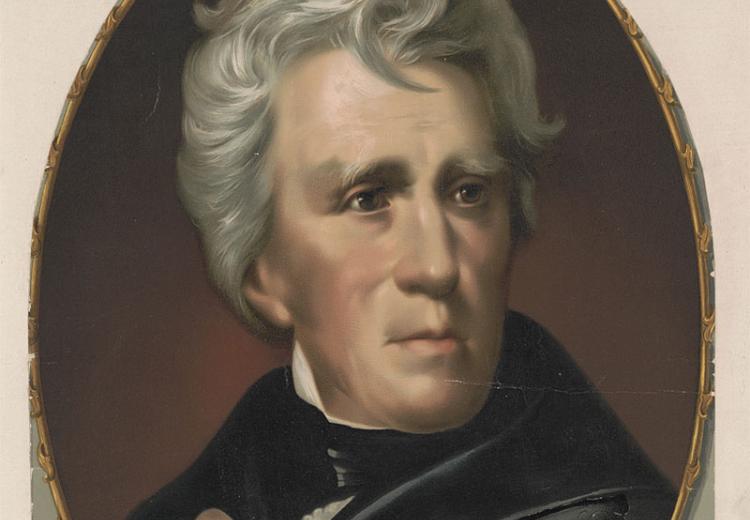Lesson 1: The Election Is in the House: The Denouement

Andrew Jackson was one of four presidential candidates in 1824.
The presidential election of 1824 represents a watershed in American politics. The collapse of the Federalist Party and the illness of the "official candidate" of the Democratic-Republicans led to a slate of candidates who were all Democratic-Republicans. This led to the end of the Congressional Caucus system for nominating candidates, and eventually, the development of a new two-party system in the United States. In the election, Andrew Jackson won a plurality of both the popular and electoral vote. But John Quincy Adams became president. Four crucial elements of our election system were highlighted in the election of 1824: the nomination of candidates, the popular election of electors, the Electoral College, and the election of the president in the House when no candidate receives a majority in the Electoral College.
Guiding Questions
Why was the election of 1824 thrown to the House of Representatives?
What constitutional provisions applied?
What was the result?
Learning Objectives
Explain why the election of 1824 was decided in the House of Representatives.
Summarize relevant portions of the Constitution on presidential election procedures.
